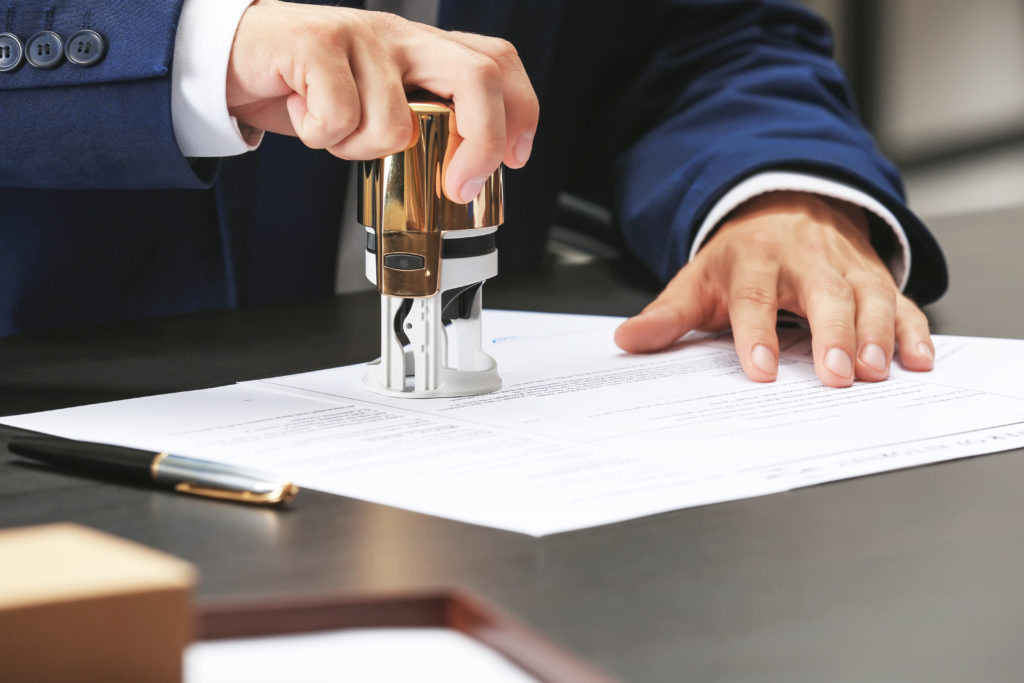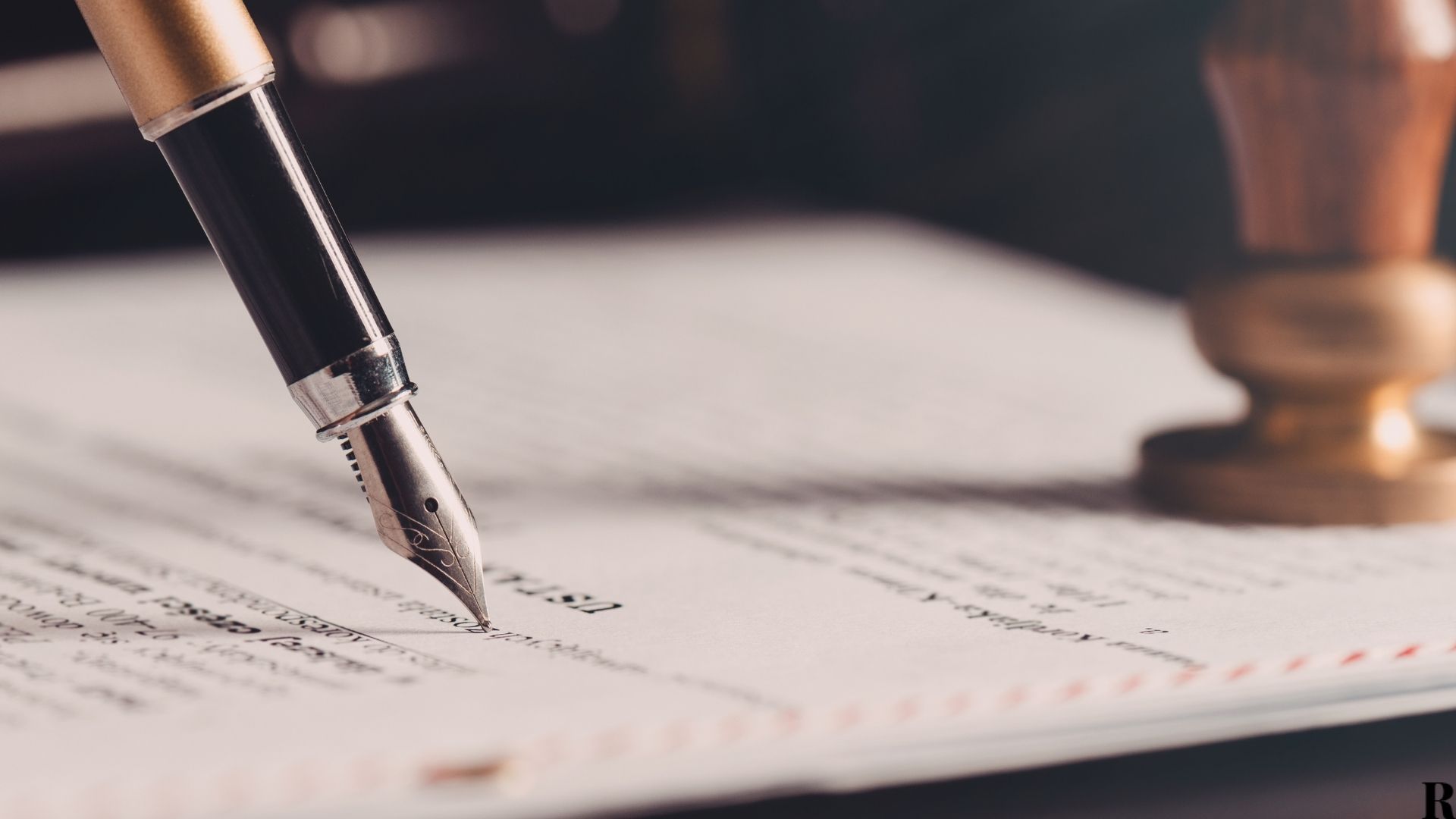DIRCO Laws Demystified: A Guide to Diplomatic Method
DIRCO Laws Demystified: A Guide to Diplomatic Method
Blog Article
Demystifying Notarial Job: Simplifying the Role and Value of Notaries
In the complex web of legal paperwork and verification, notaries stand as pillars of guarantee and authenticity. Their role, often shrouded in enigma for numerous, brings significant weight in guaranteeing the legitimacy and stability of essential papers. As guardians of legitimacy and fact, notaries play a pivotal part in our culture, yet their job is not always completely understood. By untangling the complexities surrounding notarial methods and shedding light on the importance of their acts, a more clear understanding emerges of the important function notaries play in maintaining the material of legal and contractual contracts.
The History of Notarial Work
The history of notarial work days back to old human beings, where scribes played an important function in tape-recording essential details and verifying documents. This led to the advancement of notaries, people designated by the state to act as objective witnesses in legal matters.
Throughout the Center Ages, notaries acquired prominence in Europe, with their features expanding to consist of preparing legal records, certifying signatures, and preserving documents. The rise of international trade further highlighted the value of notarial job in verifying agreements and arrangements throughout boundaries.
In the contemporary era, notaries remain to play an important duty in legal and organization deals by validating identities, verifying the credibility of papers, and preventing scams. Their duty in accrediting the validity of arrangements adds a layer of safety and security and depend the ever-evolving landscape of commerce and law.

Responsibilities and Responsibilities of Notaries
Notaries play a vital function in validating the authenticity of papers and the identity of notaries. One of their primary responsibilities is to witness the finalizing of vital documents, such as contracts, wills, and actions, to make certain that all events are entering into agreements knowingly and willingly.
They certify duplicates of original records, supplying assurance to institutions that the duplicates are true replicas of the originals. In general, the obligations and obligations of notaries are important in securing the stability and legality of various files and deals - DIRCO.
Notarial Certificates and Signatures
Exemplifying thorough focus to information, notarial certifications and signatures function as essential elements in confirming the authenticity of lawful records. Notarial certifications typically include essential info such as the day of notarization, the names of the signatories, a description of the record, and the notary's main seal. These certifications offer a clear record of the notarial act, guaranteeing Going Here that the record can be easily recognized and mapped back to the notary that oversaw the process.
Signatures play an essential duty in notarial work, as they signify the arrangement and approval of the celebrations entailed. Notaries carefully witness the finalizing of records to validate the identification of the signatures and confirm that they are authorizing of their very own free choice. By attaching their main seal and trademark to the paper, notaries license that the required procedures have actually been followed which the paper is enforceable and valid.
Essentially, notarial certifications and trademarks are the characteristic of credibility in lawful deals, offering assurance to all celebrations included that the papers are legitimate and binding.
Relevance of Notarial Acts

Notarization Refine Discussed
The notarization process commonly begins with the individual offering the document to click for info a notary public. When the identity is confirmed, the notary guarantees that the individual signing the record does so willingly and without any type of threat.

Conclusion

Notarial certifications usually have important information such as the date of notarization, the names of the signatories, a description of the document, and the notary's official seal. These certifications provide a clear record of the notarial act, making certain that the paper can be quickly recognized and mapped back to the notary who managed the procedure.
By fastening their main seal and trademark to the record, notaries certify that the required treatments have been followed and that the paper is enforceable and legitimate.
By verifying the identity of the notaries, confirming their willingness to get in into the arrangement, and accrediting the date and location of the signing, notaries play a crucial function in supporting the credibility of lawful files.After the record is authorized, the notary will certainly fasten their official seal or stamp onto the document.
Report this page